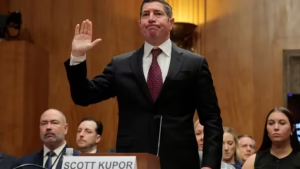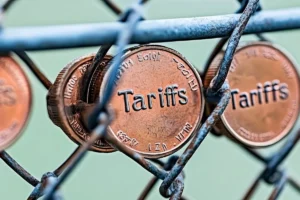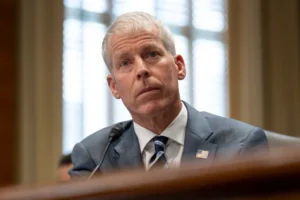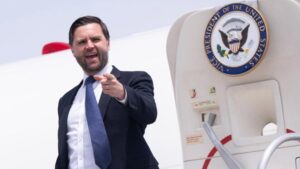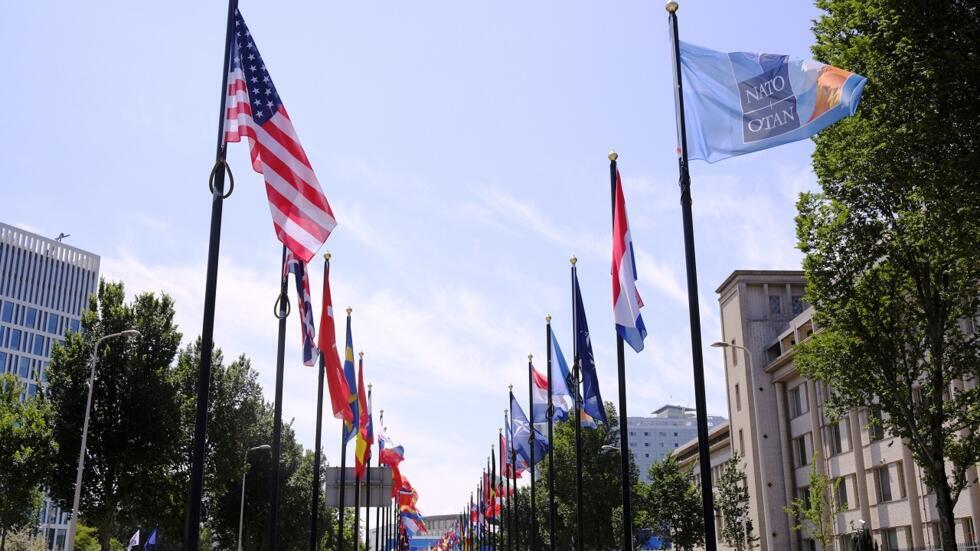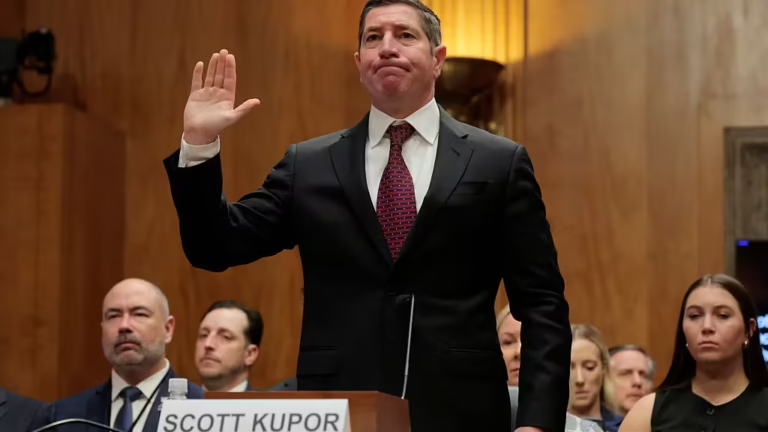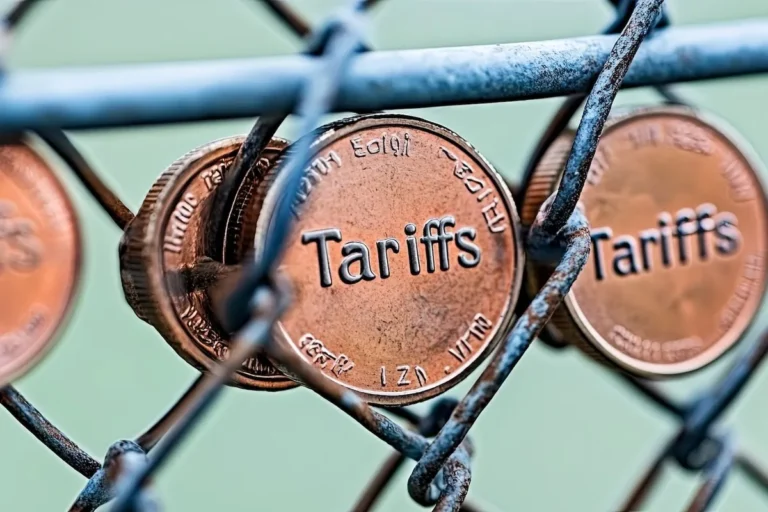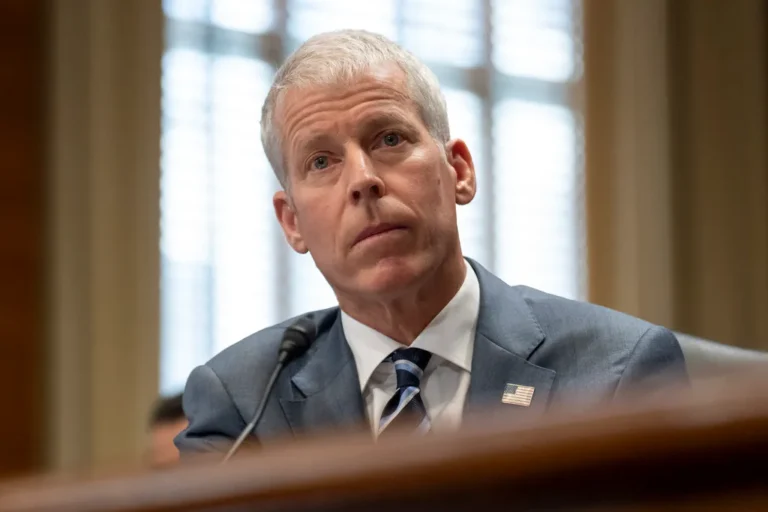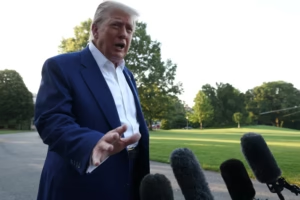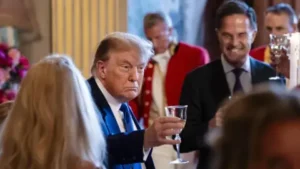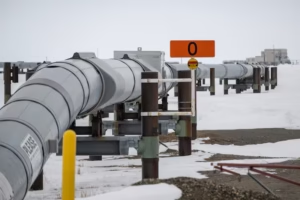Merkel’s Successor Declares Commitment to European Security
NATO Summit Opens in The Hague, German Chancellor Friedrich Merz has declared that Germany will shoulder its fair share of Europe’s defence burden, as NATO leaders gather in The Hague for a critical summit focused on military readiness, deterrence, and unity against the backdrop of Russia’s war in Ukraine. Addressing the Bundestag, Merz stated that President Vladimir Putin understands only the “language of force” and warned that Europe must be prepared for long-term deterrence.
He affirmed that Germany would meet NATO’s rising defence expectations, aligning with plans to raise military spending to 3.5% of national output by 2029 and further investment toward a 5% total defence-related commitment.
Trump Returns to NATO Stage with Heavy Demands
U.S. President Donald Trump, attending his first NATO summit since 2019, is pushing for unprecedented levels of military spending from alliance members. Under his leadership, all 32 NATO countries are expected to sign a pledge to commit 3.5% of their GDP to defence and an additional 1.5% to defence-related infrastructure, such as cybersecurity and logistics.
Despite fears of American disengagement, NATO Secretary General Mark Rutte reassured members that Trump and top U.S. officials are fully committed to the alliance—but expect Europe to match U.S. defence efforts. Rutte has worked tirelessly since taking office nine months ago to push allies toward the 5% goal, a target he described as vital for long-term deterrence and stability.

Europe Responds to Russian Aggression
The summit takes place as Russia continues its relentless assault on Ukraine. Ten civilians were killed in missile strikes across the eastern cities of Dnipro, Samar, and Sumy. Ukrainian President Volodymyr Zelensky has arrived at the summit and is expected to meet with Trump for the first time since their brief interaction at Pope Francis’s funeral in April.
Germany, which has historically hesitated to embrace large-scale military spending, has now agreed to boost defence funding significantly. Its 2025 budget allocates €62.4 billion for defence, with projections rising to €152.8 billion by 2029. This move, partly financed by debt and special funds, reflects Berlin’s growing acceptance that European security cannot rely solely on American protection.
“We’re not doing that as a favour to the U.S. and its president,” Merz said. “We’re doing it out of conviction—because Russia is actively and aggressively endangering the freedom and security of the entire Euro-Atlantic area.”
A Divided Europe on Defence Spending
While Germany and the UK have committed to the 5% target, others remain hesitant. UK Prime Minister Keir Starmer pledged to hit the full 5% by 2035, with plans to reach 2.6% for core defence within two years.
However, resistance is building among southern and eastern European nations. Spain, currently spending below 1.3% of its GDP on defence, has pushed back strongly. Prime Minister Pedro Sánchez argued that such a massive increase is “unreasonable and counterproductive.” He even suggested Spain had secured an exemption—an assertion that Rutte quickly dismissed.
Belgium and Slovakia have echoed Spain’s concerns, with both countries also far below the proposed target. Belgium’s Foreign Minister Maxime Prévot admitted that diplomats had been negotiating for “flexibility mechanisms” to ease their obligations.
Despite this resistance, all 32 NATO countries are still expected to sign the new pledge, even if implementation timelines vary.
Security Concerns as Leaders Arrive
As world leaders descended on The Hague, an unexpected disruption occurred. Train service from Schiphol Airport was halted after fire damage to critical infrastructure cables. Dutch Security Minister David Van Weel acknowledged that sabotage could not be ruled out. “It could be an activist group, it could be another country. The most important thing now is to repair the cables and get the traffic moving again,” he said.
A Scaled-Back but Symbolic Summit
The summit itself has been scaled down to accommodate President Trump’s schedule. Tuesday’s events included a dinner hosted by the Dutch king, followed by a brief three-hour working session on Wednesday and the release of a five-paragraph final statement. The statement is expected to detail spending commitments and NATO’s united stance on Russia and global security threats.
While the structure of the summit may be limited, its implications are not. As Europe faces war on its doorstep and rising geopolitical instability in the Middle East, NATO’s future depends on unity and action. The decisions made in The Hague could define the trajectory of Western defence policy for years to come.
For more latest news checkout our website: usnewsinsight

